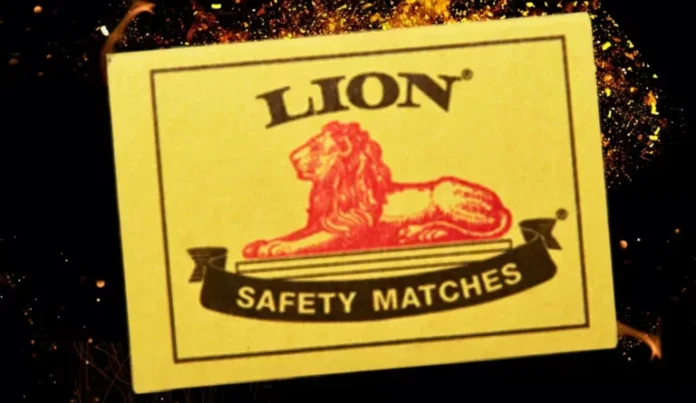South Africa’s iconic matchbox maker, Lion Match, has lost a major tax battle after trying to argue that it owed less tax than what the South African Revenue Service (SARS) had calculated.
Instead of a discount, the court ordered the company to pay even more.
The Supreme Court of Appeal ruled this week that Lion Match had no valid reason to delay a scheduled hearing before the tax court in Johannesburg, which was set down for November 2019.
When the trial started, Lion Match’s lawyers had withdrawn from the case, and no one from the company appeared to defend its position or challenge SARS’ version — leaving the revenue service to proceed alone.
Shares sold for over R450m
The dispute goes back to 2008, when Lion Match sold shares worth over R450-million.
Later, SARS disagreed with the company’s valuation of those shares and issued a higher tax bill.
Lion Match objected, saying its calculations were based on a 2001 report from accounting firm KPMG.
But SARS believed the shares were overvalued. After years of back and forth, the matter finally reached the tax court in 2019.
However, Lion Match’s attorney withdrew shortly before the hearing, citing a conflict of interest.
The company then asked the court for a postponement, but the request was made on the day the case was scheduled to start — something the court said was too late.
“The appellant made no effort to even respond to the respondent’s concern,” the court found, adding that any further delays would “cause prejudice that could not be cured by a costs order”.
Original cost of shares overvalued
Judge Pieter Meyer, writing the majority judgment, said Lion Match “dismally failed” to show good cause for the postponement.
“This is not a case where fundamental fairness and justice necessitated a postponement despite the lateness,” he said.
Because Lion Match did not take part in the hearing, SARS was able to present its expert witnesses without opposition.
The court accepted SARS’ view that Lion Match overvalued the original cost of their shares to make it seem like they made a smaller profit on the sale, which would reduce the capital gains tax they owed.
“Lion Match simply failed to demonstrate grounds which, in law, might entitle it to a postponement,” the court concluded.
With the judgment now handed down, Lion Match will have to strike a match and pay up or approach the Constitutional Court.



